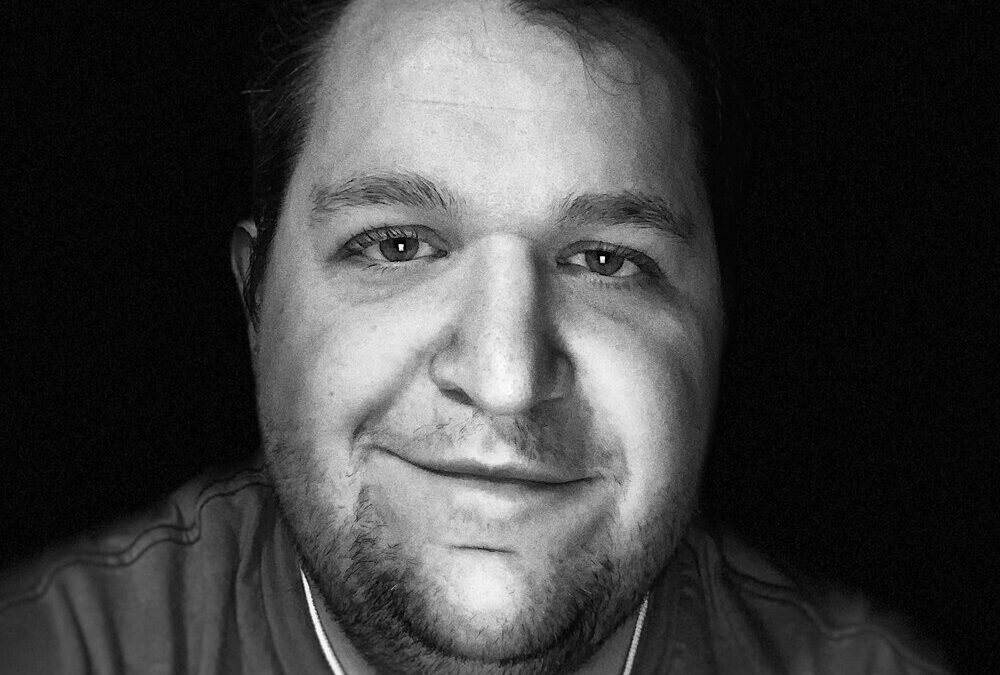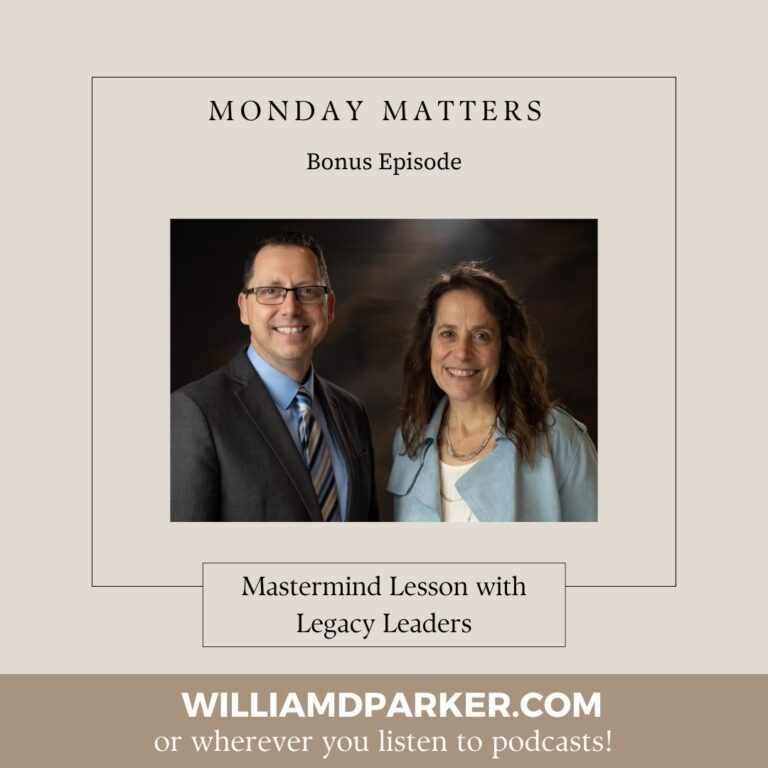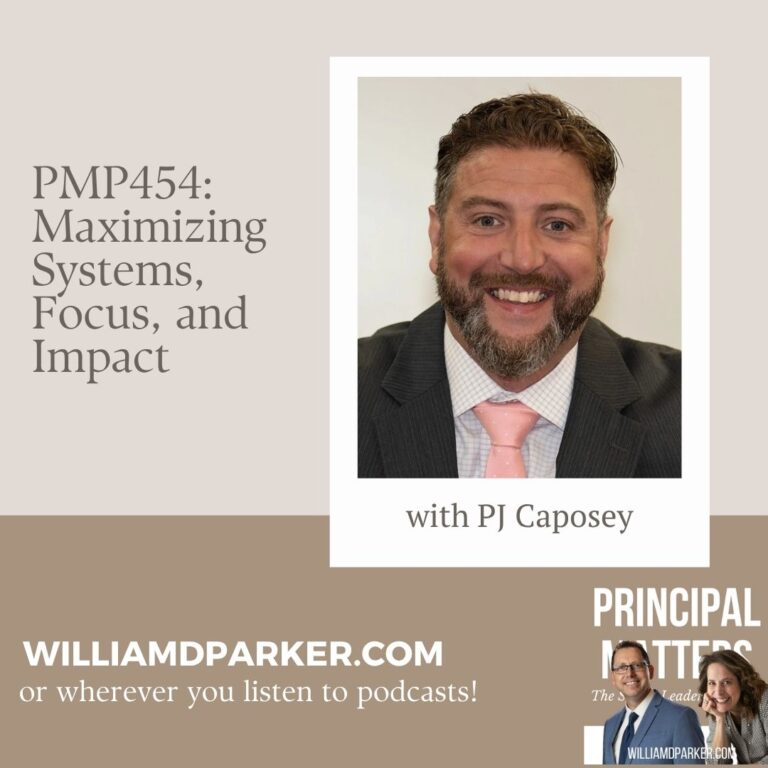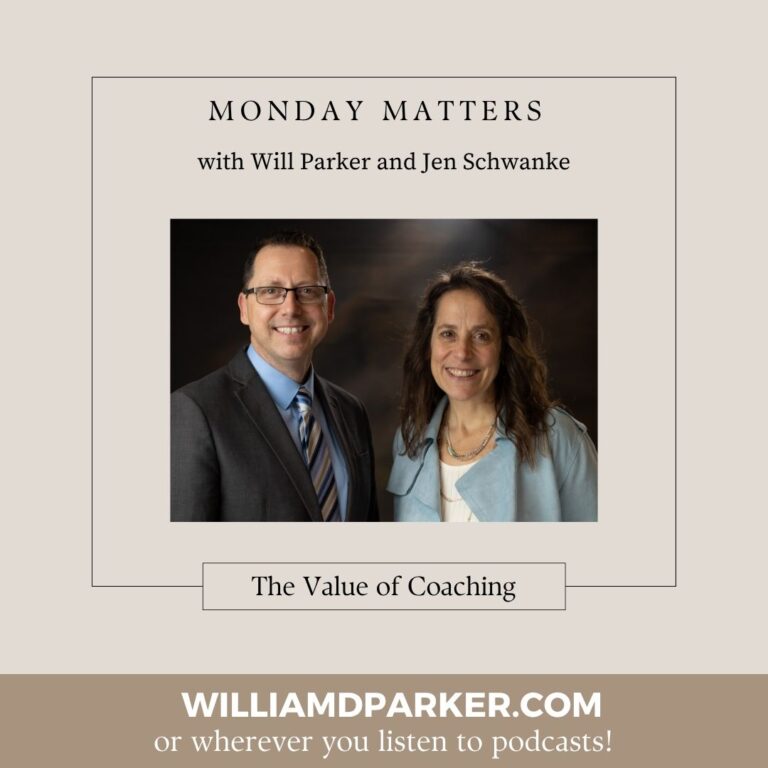Podcast: Play in new window | Download
This week I’m honored to talk to Jethro Jones about his new book, SchoolX: How principals can design a transformative school experience for students, teachers, parents – and themselves.

Five years ago, I had the privilege to talk to Jethro Jones, host of the Transformative Principal Podcast, about my first book. That conversation began a friendship that we have enjoyed since then. Jethro has been a guest on my podcast, including Episode 74, on July 26, 2017, as well as episode 163 on September 5, 2019. What a joy to catch up with him this week and share takeaways from his new work and new book!
Meet Jethro Jones

Jethro Jones is an education leader and consultant who helps schools and districts to find simple solutions to complex problems. Named a Digital Principal of the Year in 2017 by the National Association of Secondary School Principals, he has served students as a teacher, district coach, media and distance learning specialist, and principal, with experience at every level of public education. He has been hosting the Transformative Principal podcast since 2013 and is the founder of the Transformative Leadership Summit. Jethro is married and has four children.
As always, listen to the podcast episode for our full conversation. But here are several takeaways:
How Leaders Facilitate Change
WDP: Welcome back to the show! Congratulations on your new book. What is one tool or strategy you find yourself using the most when helping principals facilitate change in their schools?
Jethro: The first area I would focus on is gaining empathy. Understand what others are experiencing so you have a better position for facilitating change. Here’s a quick tip: Walk up the front of a school and ask yourself how you feel when you walk into the school. Do you see threatening or intimidating signage? Do you feel welcomed?
WDP: You’re so right. That’s where leadership helps others move from understanding to change. As leaders are seeing these needed changes, how do they help others move forward to change?
Jethro: Normally, when something is negative, no one will complain when it is gone. Take down those negative signs in your school entrance and see what happens. This same rule applies in other ways. What if your district has a policy for turning in lesson plans if there is no purpose in the accountability? If you trust your teachers are doing good work, stop collecting their plans. See what happens when you stop doing things that don’t seem to have a positive purpose or meaning for your school. Ask the question: If we didn’t do X anymore, what would happen?
WDP: That makes me think about encouraging listeners to do an action audit.
Jethro: Yes, but sometimes simple changes don’t require a lot of consensus. Think about the small changes that move you closer to the desired result, and do that.
Lessons from the Pandemic
WDP: Now that we are heading into the end of the first semester, what are some lessons or takeaways you are seeing as principals manage so many different scenarios connected to educating during a pandemic?
Jethro: This may seem controversial but I’m convinced that learning loss is not a reality for our students. Students will progress and learn within their own abilities. In the minds of educators, we may see students as “behind,” but if we operate from that mindset, we are setting up students for failure. You cannot prove a negative. No matter what your situation, remember students are always ready for the next step in learning. No student ever strictly follows the scope and sequence we have set up for them. Whether they have been out of school or not, they will be ready to learn what’s next. Focus on what’s next, not get bent out of shape on what has not been covered yet.
WDP: Yes, I agree children are resilient. You must accept you cannot control what’s beyond your control. Our students need us to believe in their capacity. That positive mindset will help them more than despairing over what has been lost in school closures.
Learning from Failure
WDP: You tell a story in your book when you were a teacher and made the mistake of complaining about your students on social media – and you were surprised when they not only saw it but asked you about it. (Link to Jethro’s blog on this: Twitter Backfires!) It takes a lot of courage to share vulnerable moments like that. Education seems to provide daily opportunities for us to succeed or fail. It’s hard work. I’m curious what motivates you to consistently face obstacles in ways that lead to growth?
Jethro: I have thought a lot about deleting that post. But I haven’t because I believe when we own our mistakes, we learn more. Twelve years ago, when I was a teacher, I was new to Twitter. I had a really difficult group of students, and one day I caught some students cheating and I ripped up their tests in front of the whole class. The morale of the class just tanked. A few months later during a fire drill, I posted on Twitter about being on a fire drill with my “worst class”. It was a horrible moment, and I’m embarrassed at how I behaved then. I have had 12 years since then to post positive feedback about my students and school. I share that lesson because I want people to understand the power you have for goodness or for negativity.
WDP: What I love about that story is your willingness to hold that failure up in the light for other educators to dissect. Ironically, several years later your positivity on social media and podcasting resulted in your distinction as a National Digital Principal of the Year. Thank you for your vulnerability in helping others see how we can learn from failure. What lessons would you share with principals who feel like they are managing a mess of their own?
Jethro: There are so many lessons there. Reach out to me if you feel like that kind of leader. These things happen to everyone. No matter how good of a leader you are, you will run into difficult moments. If your goal is to just keep the school from burning down, you probably won’t do much as a leader. But if you are making a difference, you’ll will step on toes – even when you’re staying positive. That is the reality of leadership.
WDP: Strong leaders are people who are willing to learn from failure. In your own work, Jethro, you have been willing to take lots of risk, including putting your work out in such public settings. What motivates you to keep taking risks in learning even when you know you may face more failure?
Jethro: Our work is not just about helping others. I believe every human being is a child of God, and they deserve to live to their potential. My mission is based on that belief. The key is to not take rejection or criticism personally. People will reject you because of themselves. If someone is not ready for what you are offering, it is not a judgment on you.
WDP: What I like about that is the reminder I often tell leaders: You are not as important as you think you are (your school will exist long after you are gone). But you are more important than you think you are (your integrity, trust, and humility matter because the smallest things you do can influence others for positive or negative outcomes). Those statements seem like contradictions, but they keep you leading with humility. The condition of who you are as a person will drive the way you behave as a leader.
Lessons as an Education Consultant
WDP: Many listeners may know you from the Transformative Principal Podcast. Can you catch us up on what is happening with your work in education consulting?
Jethro: Most of my consulting is happening through my Masterminds. I like to compare learning at a conference or workshop, for instance, to a microwave dinner. The real joy comes from a slow-cooker experience – the Mastermind is like that. These are places where leaders meet every week to talk about how to become better. Because it is a closed, confidential space, people can be open and honest, not trying to score points with others. Everyone is working toward the same goal.
WDP: I talk to education leaders who have an interest in sharing, presenting, or consulting. What tips would you have for them in ways to get started on that journey?
Jethro: First, don’t wait for someone else to choose you. You have to choose yourself. When I started my podcast, I realized that I wanted to learn from other school leaders and I couldn’t find a podcast providing me with that feedback every week. So I chose to do it myself. Second, network with people and find out how you can help them. Ask others for help and offer help. When you do that, you start learning more about what you want to do and how to do it. You have value, expertise and knowledge to give. I believe everyone should have a podcast. It helps you grow and helps you celebrate what’s happening in your schools. Finally, if you are interested in education consulting, be courageous. At some point, ask to be compensated for your work – even it’s just a Subway gift card. Each small step is one step closer to reaching the top of any “mountain” you want to climb.
Let’s Wrap This Up
If you listen to Jethro Jones, you will hear practical advice on a lot of areas: influencing change, learning from failure, leading during a pandemic, and taking risks in order to grow. You can find all his resources at jethrojones.com.
Now It’s Your Turn
What is one area where you want to see more growth personally or professionally? What is one action, even if a small one, you can take today toward that goal? As Jethro says, how can you “choose yourself” for some of the dreams or aspirations you have for helping others?


